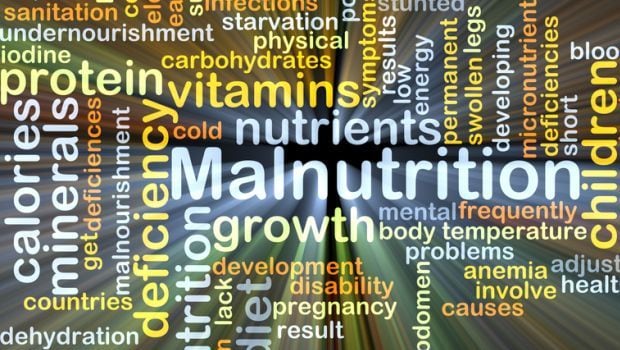People living in low-income communities are often unable to get proper nutrition. Many low- and middle-income countries report more malnutrition as compared to the rest of the world. It is sad but true, and we all are aware of it. But, did you know that a large chuck of the population living in these countries is also overweight? Yes, it has been claimed by a recent study that low- and middle-income countries have high levels of overweight and obesity along with undernutrition. The study also states that these two issues are interlinked and all this can be blamed on unhealthy, modern-day eating habits.
Study lead author Barry M. Popkin from University of North Carolina in US said, "Our research shows that overweight and obesity levels of at least 20 per cent among adults are found in all low-income countries. Furthermore, the double burden of high levels of both undernutrition and overweight occur primarily in the lowest-income countries - a reality that is driven by the modern food system."
The research team analysed the survey data from low- and middle-income countries in the 1990s and 2010s, which faced the double burden of malnutrition and obesity. It was discovered that more than a third of low- and middle-income countries had overlapping forms of malnutrition, 45 of 123 countries in the 1990s and 48 of 126 countries in the 2010s. The results were published in the journal 'The Lancet'.
At present, almost 2.3 billion children and adults are overweight, and more than 150 million children are undernourished, across the world. If the findings of the study are to be believed, these issues overlap particularly in individuals, families and communities from poor or developing countries. The causal factor could be the gradual change in the current food system.
"This system has a global reach and is preventing low- and even moderate-income countries and households from consuming safe, affordable and healthy diets in a sustainable way. These changes include disappearing fresh food markets, increasing numbers of supermarkets, and the control of the food chain by supermarkets and global food, catering and agriculture companies in many countries," Popkin added.
(Also Read: Study Claims That Fortifying Foods With Microparticles Could Help Fight Malnutrition)

Low-income countries face the problem of malnutrition to a greater degree.
5 Tips To Avoid Obesity Or Malnutrition
1. Avoid processed foods as much as possible.
2. Increase your intake of fresh vegetables and fruits.
3. Don't starve yourself. Try to give your body as much nutrition as possible.
4. Don't fill up on empty calories like sugar.
5. Make use of locally-produced foods that are accessible and cheaper.







